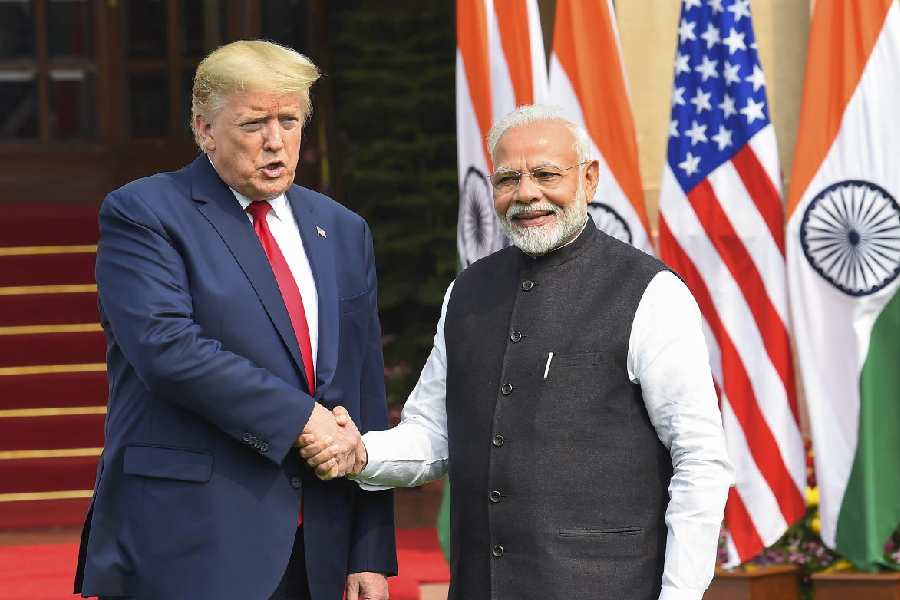
“He was found by the Bureau of Statistics to be
One against whom there was no official complaint,
And all the reports on his conduct agree
That, in the modern sense of an old-fashioned word, he was a Saint”
“Except for the War till the day he retired
He worked in a factory and never got fired,
But satisfied his employers, Fudge Motors Inc.”
The Unknown Citizen
W. H. Auden
What is the most important difference between a worker of yesterday and today? There are historical roots to the answer. Large tracts of land were given by the king to barons, dukes, and the likes, for services rendered. These titled landowners built loyalty by allotting a small portion to their trusted followers. Thus the margins of such large tracts came to be populated by humble cottages which, however, had some pretentions to independence. These “sons of toil, buried under tons of soil”, as the Leftist newspapers put it, were of the house yet not of it. They obviously owed some loyalty to the estate, but were a little higher than the forelock-tugging servant. In this environment it is no wonder that the highest employment numbers were provided by agriculture, another form of domestic servitude, followed by household workers. Today, a butler is an anachronism; tourists take photographs of them than the stately homes.
So the first attribute of the worker of earlier years was servitude. The second attribute was a fierce loyalty. Things started changing after the return of early immigrants who had made their money in America. From the nobles’ point of view, they got worse with the return of people who had been packed off to Australia; after all only petty criminals were sent there.
The final attribute of tomorrow’s worker will be that he will regard work and play as two sides of the same coin.
This means that he should be able to get as much fun out of a spreadsheet as a trial version of Postal. This will make for corporate democracy or corporate equals. Will this work? The chances are that it will develop in some unknown direction, a glimpse of which we cannot as yet catch. Ask Micheal Lewis what happened to the blacksmith.
The horse didn’t get its goat, the automobile did.











